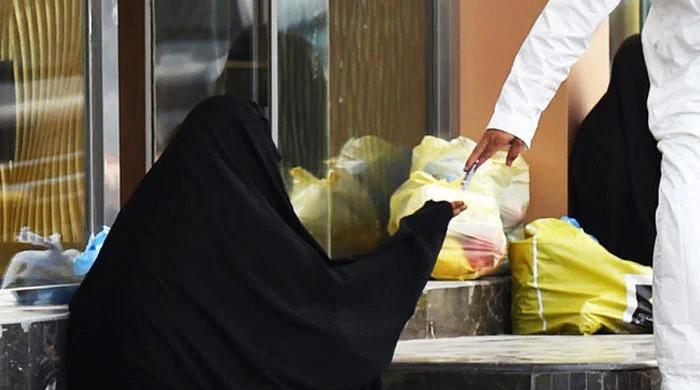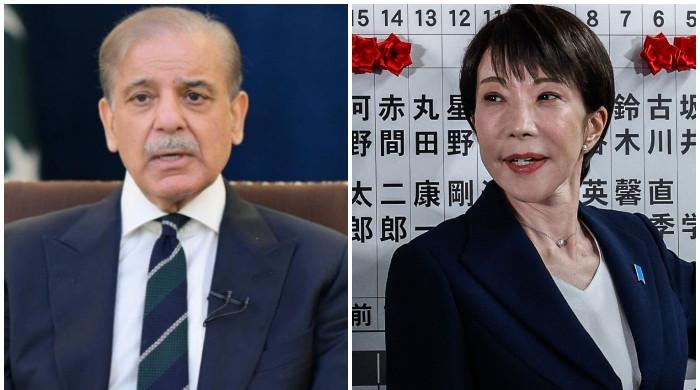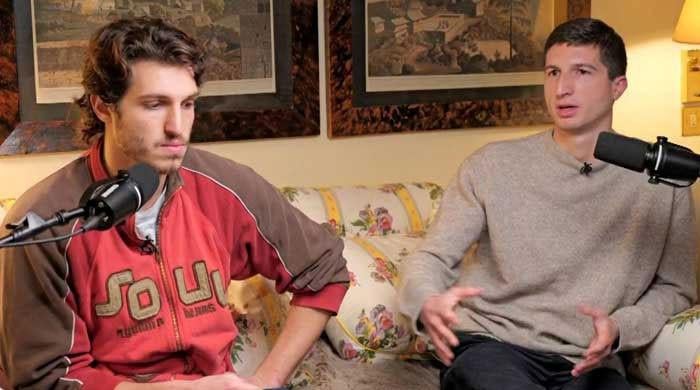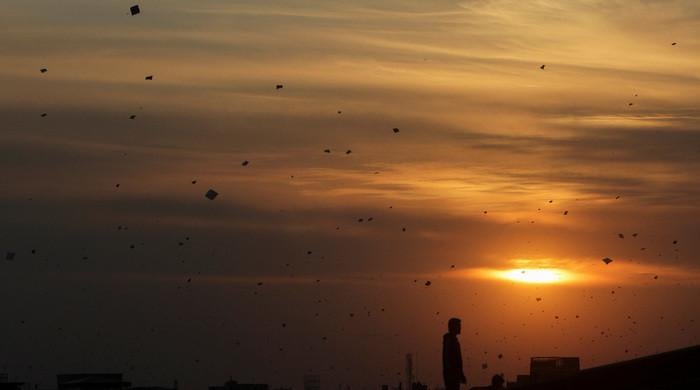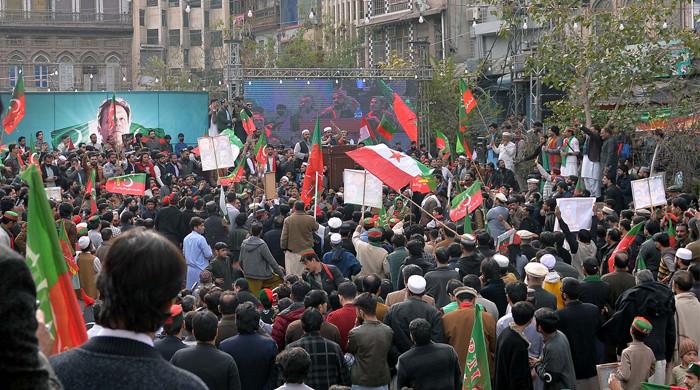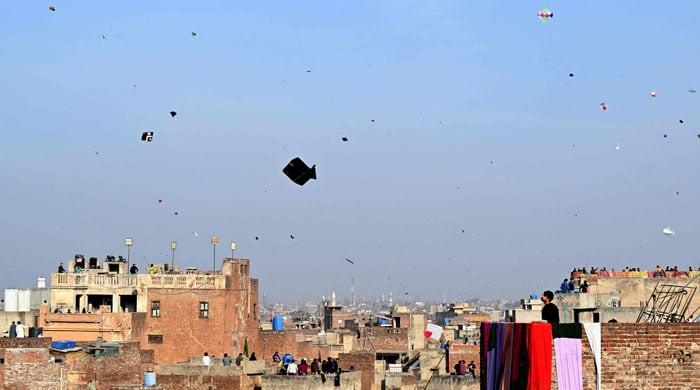BLOG: Thou shalt not drink….
Will recent orders of the Sindh High Court over banning alcohol backfire?
October 28, 2016
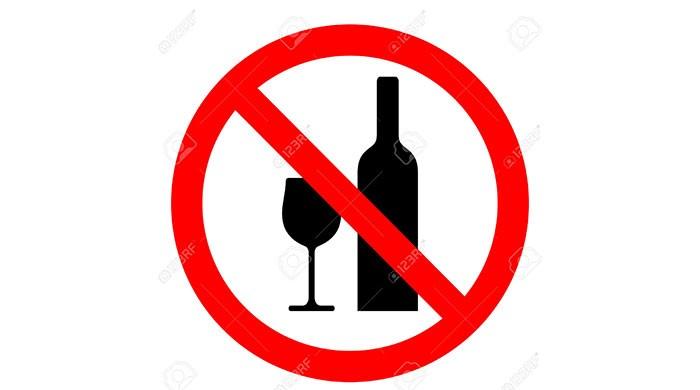
In light of the verbal orders of the Honourable High Court of Sindh the provincial Directorate General of Excise, Taxation and Narcotics on Thursday ordered all liquor licenses in the province ‘closed/discontinued with immediate effect.’
As per routine wine shops had opened their windows at 10:00AM, the staff unaware of the fresh orders was looking forward to a regular Thursday as alcohol sales spike ahead of ‘no-alcohol Friday’ when all wine shops remain closed.
“We had not even finished sweeping and cleaning-up when they came and shut us down,” said Manoj* an employee at one such wine shop in DHA, Karachi.
There are 120 wine shops according to the excise department in Sindh, with approximately 69 operating in Karachi. On average one wine shop in DHA sells between 150-200 cans or bottles of beer every Thursday.
Guesstimating, that is roughly 7,000 units or 3,500 liters of beer sold in Karachi alone, the number of bottles of hard liquor sold vary from shop to shop.
In terms of revenue, according to the Sindh Minister for Excise, Taxation and Narcotics, Mukesh Chawla the province annually earns Rs 4.4 billion (Rs. 4 arab, 40 crores or approx. $ 42 million) from wine trade and related revenues.
Responding to a question Chawla shared that a likely outcome of the ban will be a spike in illicit production and sale of dangerous moonshine.
Sources suggest that Sindh will challenge the High Court’s decision before the Supreme Court of Pakistan; in the mean time lets take a look at the ramifications that an all out ban could have on those already dependent on alcohol.
Six years ago the number of people who consumed alcohol in the country was estimated at 10 million of which 1 million had a drinking problem. Today the number may easily have doubled.
According to experts, when an alcohol dependent individual is deprived of his addiction he will undergo withdrawal and will turn to other options available.
In a country like Pakistan where prescription drugs are easily had, it is likely that most who cannot afford the exorbitant prices bootlegger’s charge for smuggled imports will turn to the pharmacy. Experts suggest the most sought after prescription drugs – among the alcohol dependent individuals – will be Valium and Xanax, which are sleep-inducing pills but if the person consuming them fights the sleep, he enters into a state similar to being intoxicated by drink.
Prohibition 101
In 1920 Prohibition went into effect in the United States and the manufacture, transportation and sale of intoxicating liquors was banned.
This gave way to the rise of bootlegging which was the production and sale of alcohol illegally. Moonshine was being made in tubs and private homes, at the same time there was an increase in criminal activity as gangs involved in the bootleg trade fought over turf and with law enforcement.
One name that became infamous was Al Capone who earned $ 60 million annually from his bootleg and related operations.
It was after Franklin D Roosevelt was elected that the 21st amendment was passed in the United States bringing an end to Prohibition in 1933.
Over the next 5 years, the federal government became involved in addiction research and addiction treatment. By 1940, experts, former alcoholics and researchers are inducted to programs to address the problem of alcoholism.
Shall we ban sugar next?
Wakeel Murad Director and Senior Addiction Councilor at Willing Ways – a rehabilitation center in Karachi – said that the problem is not alcohol itself but rather alcoholism, it is the addiction that individuals have. He added that by banning the sale of alcohol those who are dependent on it will seek out other means, this could be in the form of moonshine, prescription drugs and even other illicit substances such as heroin.
It is not my place to judge individual choices that people make. It is for the courts to decide what happens to those indulging in such activities and it is the responsibility of the law enforcers to stop these activities, which are often happening in broad daylight.
I am concerned, that taking advantage from this ban those involved in the illicit production and sale of alcohol will strike gold, as will those involved in the sale of smuggled foreign liquor products.
This may result in a spike in dependent individuals turning to other substances and hard drugs as well as an increase in moonshine related deaths – as we have witnessed year after year – and surely the period of prohibition will make the gangs involved in the illegal alcohol business richer and stronger to do as they please.
Conservative estimates in 2010 put the number of alcoholics at one million in Pakistan, even if we assume the number to have doubled since, it still remains only a percentage compared to the number of diabetic patients in the country which according to the International Diabetics Association stood at 7 million in 2015.
Why drag diabetics into the picture? Because as Mr. Murad said, “if you have a relative who is diabetic you take care of him you don’t ban sugar.“
*name of wineshop attendant has been changed to protect his identity.
Ovais Jafar is a Multimedia Journalist, he tweets as @ovaisjafar




